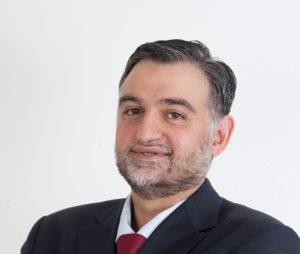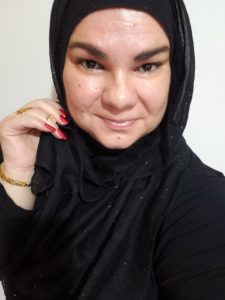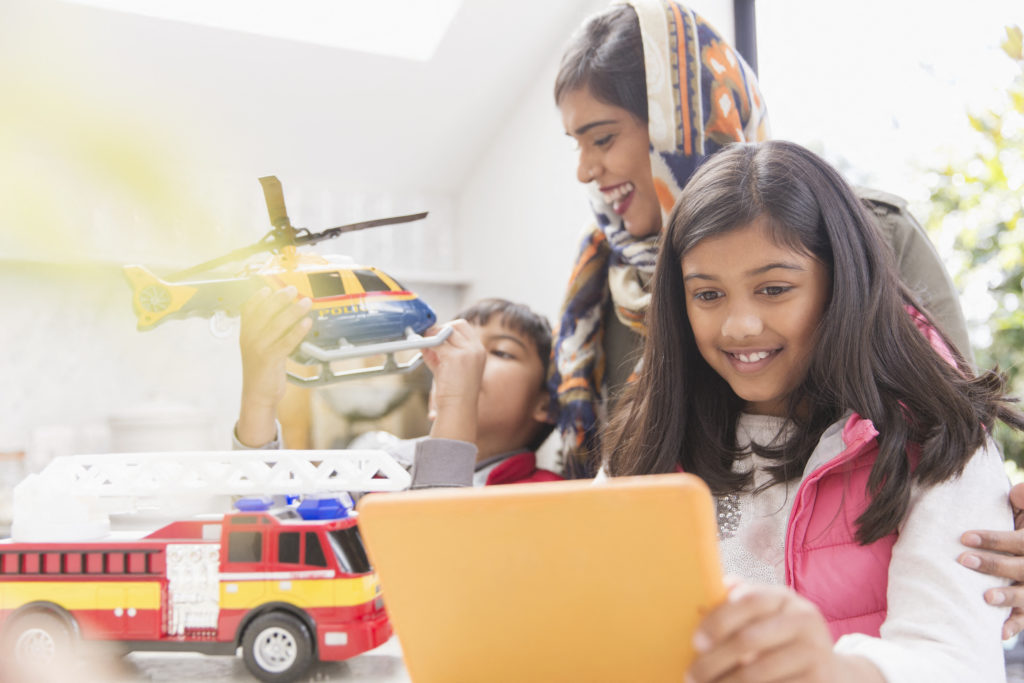São Paulo – Just like Christmas in the Christian countries, in Muslim-majority countries the end of Ramadan is a time of increased consumption. Called Eid al-Fitr, it’s a special day for the Islam followers. On the preceding days, the stores are open until late to meet the demand, particularly of food items, clothes and gifts, which is an opportunity for companies supplying for Islamic countries.
Ramadan is a religious period when the Muslims make many prayers and fast from dawn to dusk. It takes place in the Islamic calendar’s ninth month, and just like its first, its last date is determined by the moon and takes place when the new moon appears around 29 to 30 days. This year, the fast will be broken on Wednesday, 12, and the festival of Eid is on Thursday, 13.

Many international supplying companies for the Muslim markets know the increase in consumption of food items that takes place in Ramadan and at its end, as the fast is broken with bountiful family meals, but not everybody knows about the increase in purchases in other sectors, including clothing, shoes and toys. It’s a Muslim tradition to give gifts to children and wear new clothes on Eid al-Fitr.
Certifier Cdial Halal director-executive Ali Saifi believes Brazilian companies are not aware of this market that is boosted by the festival of Eid al-Fitr and that there’s room to be sought after in the Arab countries on this day. “It’s like Christmas or Easter time for Christians; in addition to bringing people together, we give gifts to children, so that they are happy,” says Saifi, who’s himself a Muslim.
The presents to the little ones are given in the form of gifts, particularly toys, and money. In the latter case, the children themselves decide what to buy. Egyptian businessman Mohammed Darwich, who lives in Brazil, says that in his country giving money to children is a tradition. “Families visit each other, and uncles give money to children for buying a toy or something they like,” he says.
You may also enjoy reading:
- Despite the fasting, Ramadan drives demand for food
- Rituals change due to pandemic as Ramadan begins
When Darwich was a child in Egypt, these gifts were highly anticipated by him and his siblings. “We waited and did the math, ‘my uncle will give me X, my grandpa will give me Y,’” he says. They usually purchased the trendy toy, and sometimes the money was brough together among the siblings and was complemented by the father to buy something more expensive such as a video game. “Now the kids probably buy cellphones,” says Darwich, who gives money to his nieces and nephews on the day. In most countries, children are also given gifts, usually toys, in the mosques.
New clothes
The clothing and footwear industry is also boosted during the period as Muslims experience Eid al-Fitr as one of the most special moments of the year, so they dress up and use their fine perfumes to go to mosques and visit their families. Cdial Halal’s director-executive explains that using your best clothes this day is contained in the Islamic teachings. “It’s a special day for us,” says Saifi.
“We have a habit to welcome the day of Eid in new clothes,” Egypt’s Darwich says. He adds that, in his country, the stores sell a lot in this period, and people of lower income are even given new clothes to spend the day. “Retailers stock up clothes before Ramadan to sell them as Ramadan ends. The Eid’s eve is when retailers make the most money as everybody is buying,” he says.

A Muslim, Fatima Adel Khatib lives in Guaíra, São Paulo, and sees otherMuslims buying new clothes and footwear to use on Eid al-Fitr. Despite not having kids herself, she notices that gifts are usually given to children, who also receive money. But some family members and friends exchange gifts when they visit each other. “Here we sometimes exchange gifts,” she says.
In stores and malls in Arab countries, Eid is a time where many sales, offers and giveaways are announced. The retailers aim at selling off the inventory, which had been stocked up for Ramadan. This year, due to the increase in online purchases, promotions and offers also moved to the e-commerce, according to news published in Arab news agencies.
Time to pray, help and make people happy
For the Islam followers, exchanging gifts and using new clothes have a deeper meaning that goes beyond consumption. “The Prophet (Mohammed) teaches us to enjoy this day, have fun, have a nice day with friends, family, kids, so there’s nothing more important than pleasing the children. This is a day to make children happy, as they need to know it’s a special day,” Saifi says.
For the adults, the day is made pleasant through get-togethers, prayers and meetings in mosques, visiting friends and family for having meals together. “Every house has food. Some go out and visit others’ houses,” Saifi says, adding that this year this will be more restricted due to the COVID-19 pandemic.
Egypt’s Darwich sees the activities in Eid such as gift-giving as a way to make people happy. “For me, if Eid is treated as a normal day, I get sad. It isn’t supposed to be a normal day, but a festive, joyous day. That’s what the religion says, it’s supposed to be a festival,” Darwich says. He recounts that it’s a day to help those less fortunate and keep company to relatives who have lost someone.

Eid al-Fitr
Khatib explains what Eid al-Fits means to her. “We Muslims fast for 29 or 30 days during Ramadan. We don’t abstain just from food or beverages but from small talk, arguments, dirty words, too. We get closer to God, increase our acts of worship, our nightly prayers, make more pleas, do more charity work. We celebrate the end of these days by expressing our gratitude to God for allowing us to be able to get through another month of Ramadan,” says the teacher.
The period of Ramadan sees Muslims increase charity work with those in need, and this takes place and is even intensified at the end of it, on Eid. “We are supposed to give breakfast to a poor Muslim so that every Muslim can celebrate Eid. It can be food or some amount of money,” Khatib says.
Translated by Guilherme Miranda




